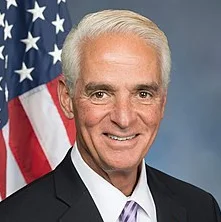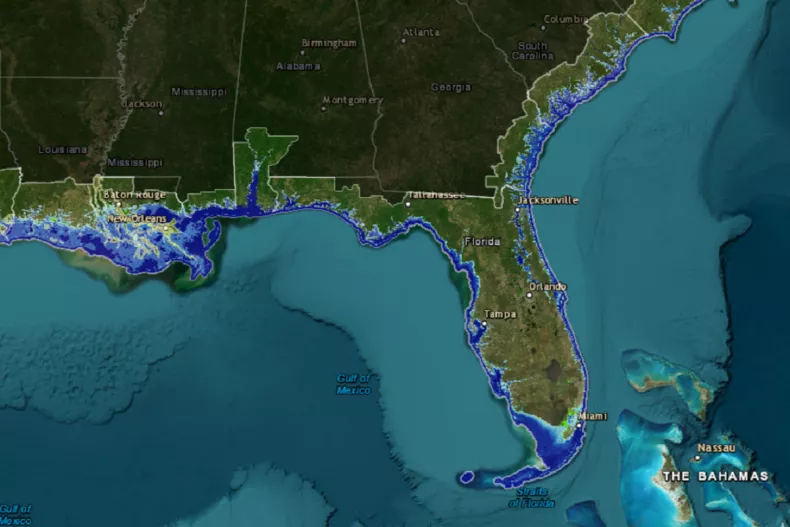In a sadly not surprising move given the state’s recent political choices, Florida is poised to make climate change “disappear” from its state laws—at least in terminology.
The state, known for its vast coastlines and low elevation, faces significant threats from rising sea levels and extreme weather. Yet, a new bill, awaiting signature from Governor Ron DeSantis, aims to eliminate the term “climate change” from legislative language, prioritizing energy affordability and availability instead.
The Political Shift Away from Climate Priorities
The bill reverses a 16-year-old policy initiated by then-Governor Charlie Crist, a rare Republican advocate for green energy at the time, which made climate change a priority in energy policy decisions.
This politically-charged turn is an unfortunate departure from earlier efforts to combat environmental challenges through legislation.
It’s disappointing to see a continuing lurch in the wrong direction, particularly when Florida, with our coastline, is probably the most vulnerable to rising sea levels, I mean if we don’t address it, who’s going to?” lamented Crist, now a Democrat. “It breaks my heart.”

Florida’s Unique Vulnerability to Climate Change
Florida’s geographical makeup renders it particularly susceptible to the adverse effects of climate change. With an average elevation of only 6 to 7 feet above sea level in areas like Miami, the state is an exemplar of vulnerability. Data underscores the urgency of these concerns: the National Oceanic and Atmospheric Administration (NOAA) reports increasing frequency and intensity of hurricanes in the region, compounded by rising sea levels that threaten both the environment and the economy.

Despite these stark realities, the current legislative efforts, spearheaded by Republican Rep. Bobby Payne, aim to sideline environmental concerns in favor of economic considerations. “We’re protecting consumers, we’re protecting consumer pricing, we’re protecting them with great reliability, and we’re protecting to make sure we don’t have a lack of energy security in our state. That’s where we’re moving as far as our policies,” Payne explained.
Legislative and Public Opposition
The bill’s passage has sparked considerable opposition. Critics argue that now is not the time to regress on policies aimed at mitigating climate change, especially in a state so exposed to its impacts. The bill not only seeks to scrub the language of climate change but also introduces measures that could hinder local governments from enacting certain energy policies and de-emphasizes clean energy by prohibiting wind energy turbines within a mile of the coast.
Environmentalists like Brooke Alexander-Goss from the Sierra Club’s Florida chapter express concern over the state’s direction. “Having that language there really encourages a lot of people to take a look at what climate change actually is, and it’s disappointing to see a governor in a state like ours strip that language, which is really just a way for him and his administration to ignore everything that’s going on,” she stated.
More To Discover
- The UK Has A Biomass Problem: Sustainability Questions Threaten Green Energy Goals In Biomass Industry
- 30,000 Chinook Salmon Caught and Wasted by ‘Mistake’ in Canada, Threatening Orcas
- The Beef Industry’s Big Four: A Farmer’s Perspective
- Oregon Announces Fishing Crisis due to Prolonged Commercial Fishery Failure (What We Learned From Their Mistakes)
A State in Denial?
As the bill awaits Governor DeSantis’s decision, the tension between economic development and environmental preservation continues to escalate. Florida’s approach, focusing on short-term economic benefits at the potential cost of long-term environmental sustainability, reflects a broader national debate about the best path forward in the era of climate change. The decision to remove “climate change” from state law symbolizes more than a semantic change—it represents a significant policy shift that could shape Florida’s environmental and economic landscape for years to come.


















